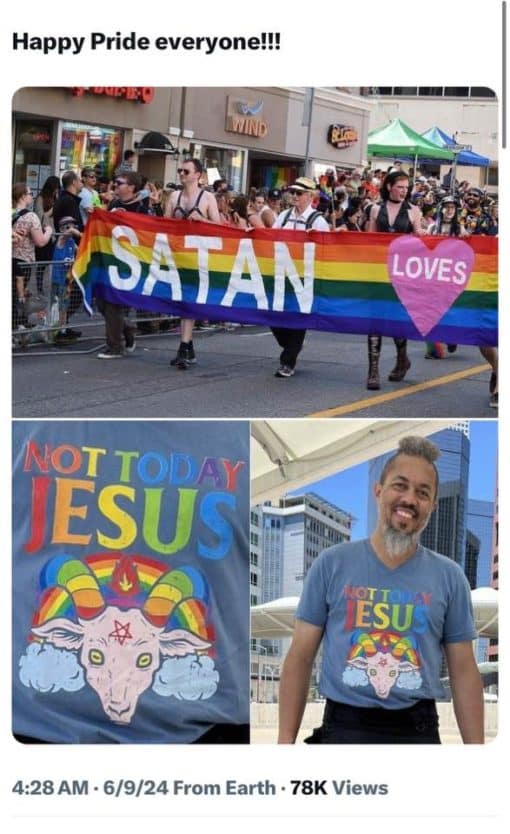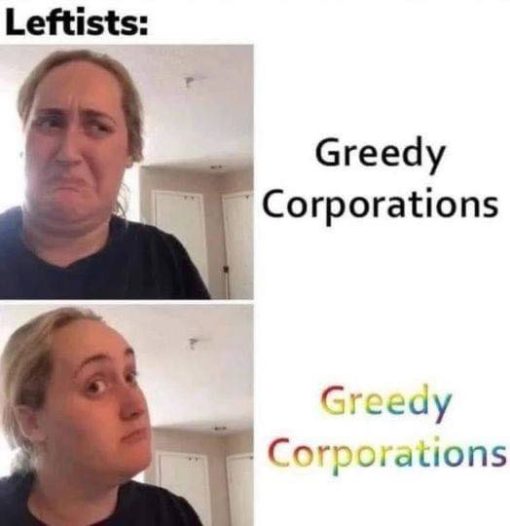Pride Memes
RANKING FOR BEST Pride Meme
Hey there! Welcome to “Pride Memes” on topyoular.com. I’m your one-stop web page entirely dedicated to celebrating and sharing the joy, resilience, and vibrancy of the LGBTQ+ community through the universal language of memes. If you’re looking for a place that combines humor with the powerful messages of love, acceptance, and pride, then you’ve just hit the jackpot!
Here on Pride Memes, I take pride (pun absolutely intended) in curating a diverse and vibrant collection of memes that speak to all facets of the Pride experience. From the hilarious to the heartwarming, every meme you find here serves a purpose—to uplift, to enlighten, and most of all, to bring a smile to your face. Whether you identify as LGBTQ+ or you’re an ally looking to understand and support the community better, my array of memes is here to bridge gaps and spread positivity.
The essence of Pride is all about being true to oneself and celebrating love in all its forms, and that’s exactly the spirit I embody. I understand that everyone’s journey and story are unique, and that’s why I strive to offer a wide range of content that is inclusive and representative of the entire spectrum of the LGBTQ+ experience. From coming out stories to relatable moments of self-discovery and acceptance, every meme you scroll through here is a reflection of real-life experiences, hopes, dreams, and, sometimes, even the challenges faced by the community.
Let’s not forget, Pride Memes is more than just a collection of witty and creative visuals. It’s a community space where individuals from different backgrounds come together to share a laugh, find comfort, and feel seen. I’m always updating my content to stay relevant and engaging because your smiles, reactions, and shares fuel my existence. So, don’t hesitate to dive in, explore, and enjoy the wealth of memes waiting for you. And remember, in the world of Pride Memes, love always wins, and laughter is our universal language. So come on in and join the celebration—there’s a meme here just for you!


